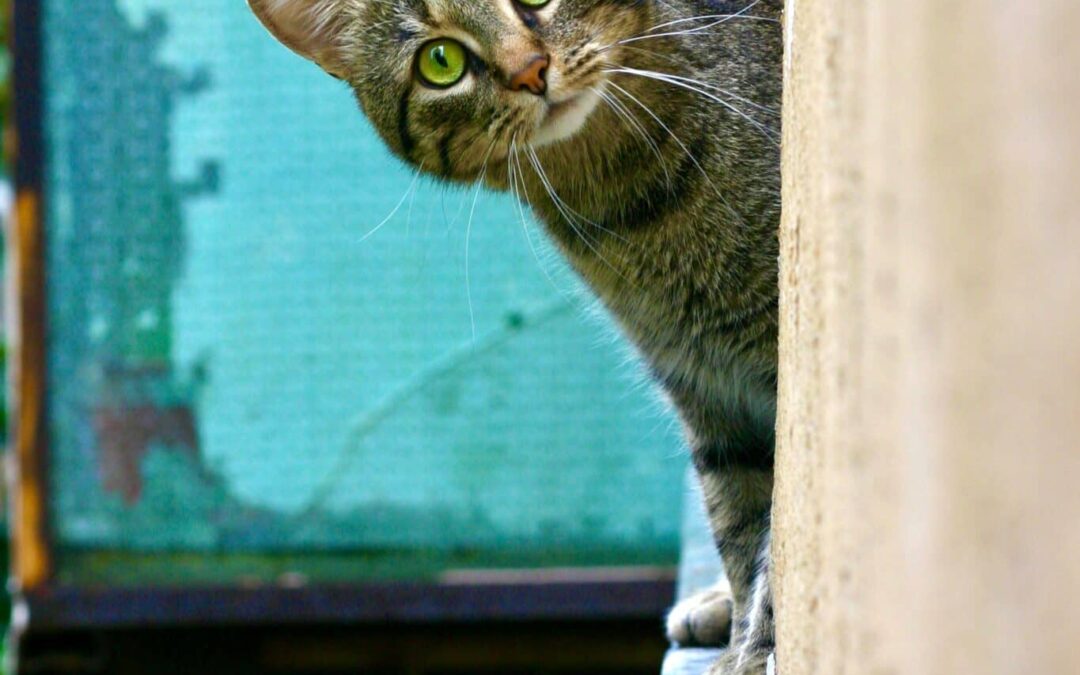Cats are domestic animals with innumerable qualities: they are intelligent, elegant, and agile. There are those who see them as distant or unattached animals, more independent than dogs. But the truth is that they can become very affectionate. They are strictly carnivorous animals. Before living in homes, their natural diet was based on hunting rodents, birds, and lizards. They occasionally ate plants to supplement their diet. Meat is a staple for them as their main source of energy is protein. When we talk about meat, we refer to proteins of animal origin, which can be from animals such as chicken or beef, as well as fish, among others.
In addition to being a source of protein, meat also provides three essential nutrients for cats: arachidonic acid, vitamin A, and taurine.
Why is taurine necessary for cats?
In this article we will go into detail about the importance of taurine in the diet of cats. A diet without taurine can pose serious health problems for the feline.
Taurine is a vital nutrient for cats. Cats can generally make their own protein, except for essential amino acids, which must be obtained through food. In this case, taurine is a sulfur-based essential amino acid that contributes to normal heart muscle function, vision, and reproduction in cats. It is also necessary to form bile salts that aid digestion. Taurine is found as a free amino acid in the heart and eyes and is not part of protein.
Many mammals are capable of synthesizing taurine from other amino acids, but cats are not, and therefore must acquire it through the diet to meet their needs.
Taurine is necessary in many vital processes, mainly it participates in the formation of bile salts that help fat digestion and absorption of soluble vitamins. It also contributes to heart function, the brain, and the nervous system. Also, for immune function, the eyes, and in the case of females, it has to do with reproduction and the growth of the fetus.
In short, taurine helps regulate the body temperature of the animal, as well as helps absorb important fats from food, contributing to muscle growth. It is also important for the correct development of the brain when the kitten is growing.
What happens if a cat lacks taurine?
By not being able to synthesize it independently, if a cat does not take taurine, its health can be compromised. Mainly, it can affect the central nervous system, sight through retinal degeneration, as well as cause heart disease such as dilated cardiomyopathy (DCM). This happens because there are changes in the cat’s eye or heart that make it not see well, or not pump enough blood. The problem is that we see it in fairly advanced stages and usually too late.
In kittens that are growing, it is especially important, since taurine has a direct effect on their correct development, and the lack of it can slow down growth and affect their ability to reproduce.
Is there enough taurine in my cat’s diet?
With the dry food or the can containing meat, it is not necessarily enough. During the process of making ready-to-eat cat foods, taurine is lost, so the manufacturer must add it later.
Higher quality foods that have been cooked at very low temperatures from fresh ingredients instead of dehydrated, should not be supplemented in the same way as a poor-quality food, because in addition to the supplement, it will be the fresh ingredients that will provide this essential nutrient.
